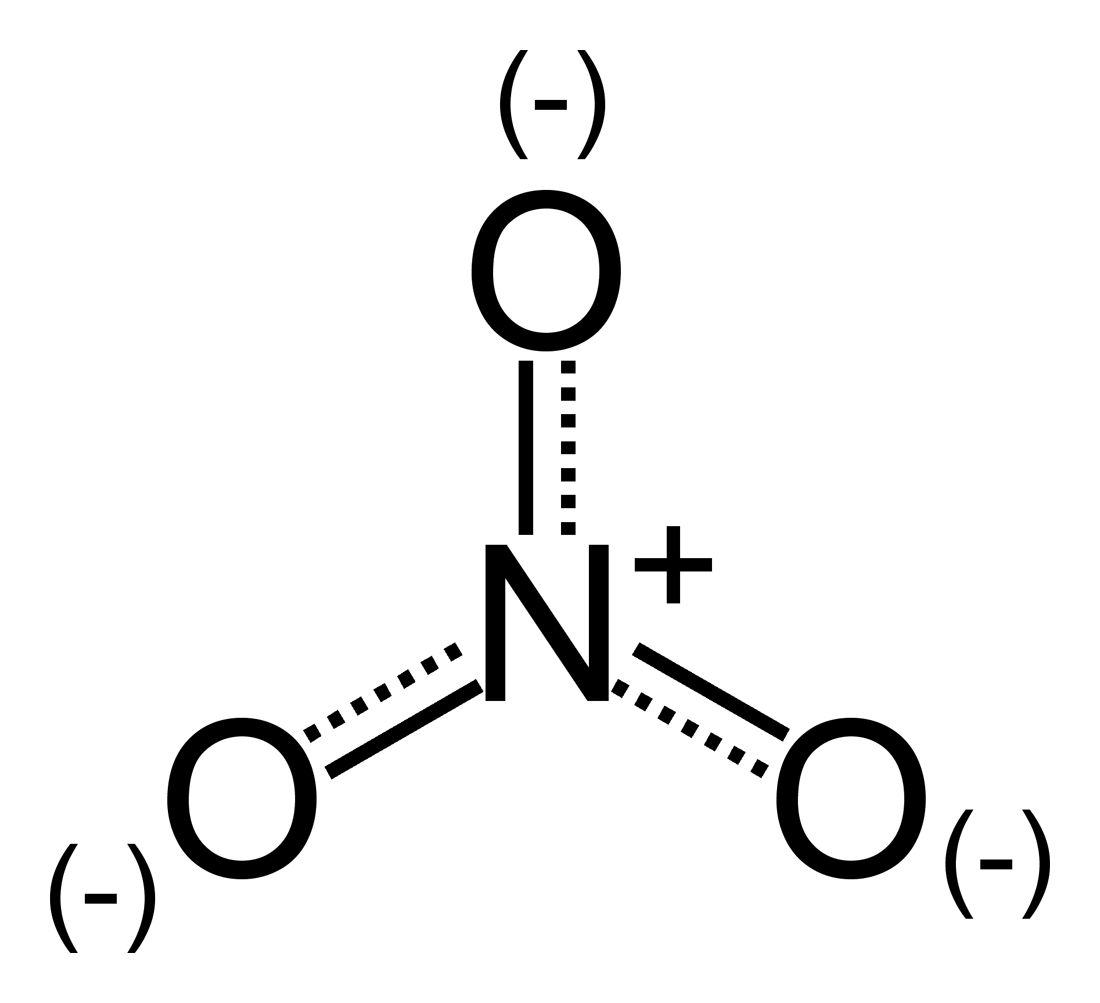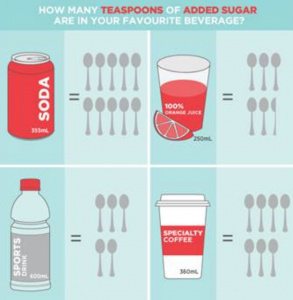Tagging marine animals for the purposes of marine research has changed the field for the better in countless ways-but with a cost.
Dr. David Rosen and his team from UBC and the Vancouver Aquarium have conducted a study, one of the few of its kind, which revealed that tags used on marine mammals for research studies have a negative impact on the mammal. They placed these tags, pictured below, on northern fur seals and found that they seals swam slower and had an increased metabolism because of them.

Photo Credit: Dr. David Rosen
But what exactly are these tags?
In the video below, Dr. Rosen describes what the tags are and why they are important.
As stated in the video above, tags have revolutionized marine research. In fact, they are so efficient in their job that researchers use them to collect data from the environment that animals live in. In other words, the tag placed on the mammal may not even be used to observe its data, but rather the oceanic environment it resides in.
Dr. Rosen’s study found that there is an effect on the northern fur seal’s swimming speed and metabolism, which opens up the discussion about the ethical concerns of using tags. In the podcast below, Dr. Rosen discusses the implications his study results might have on the marine research community.
As mentioned in the podcast by Dr. Rosen, his study found that tags have a negative effect on the sea mammals. The results of the study do not call for revolutionary action in the marine research community, however. The positive additions that the tags bring to marine research greatly outweigh the slight impacts they may have on animals in the ocean. Instead, the cause for concern is the impact the tags can have on a study’s data collection and thus creating bias. A study conducted long ago can have different data from an identical one conducted today, just because the type of tags used has changed over the years.
Dr. Rosen’s study has opened doors for the communication regarding tags having potential biases in the research conducted, along with the ethical considerations of putting the tags on the animals. His research is important for scientists to consider while designing future research studies. For the non-scientists among us, his study reminds to view information we take for granted in a critical manner.
-Pravnit Kooner, Milan Tiwana, Wade Zou, and Jun Ling






















